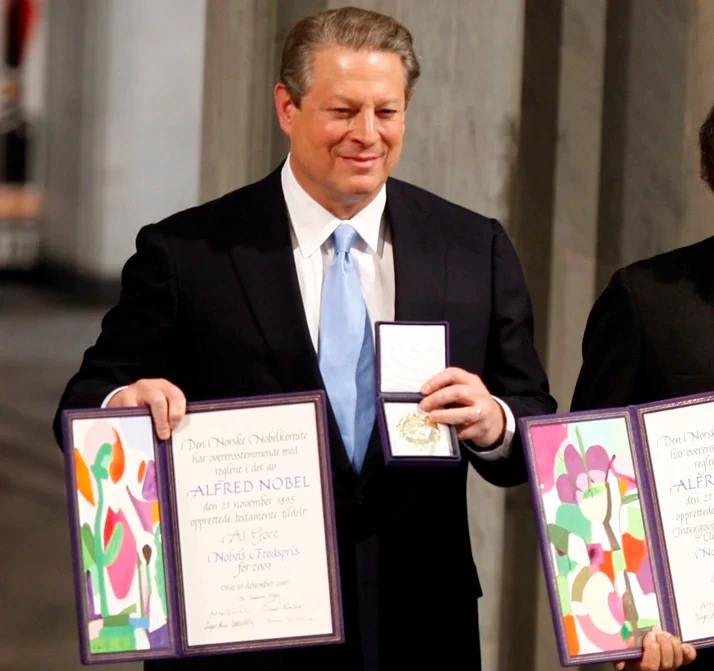The Nobel Peace Prize is a prestigious award recognizing individuals or organizations who excel in fostering peace, promoting international cooperation, reducing standing armies, or advancing peace congresses. Established by Alfred Nobel’s will, the prize has been awarded since 1901 and is one of several Nobel Prizes, including Chemistry, Physics, Physiology or Medicine, and Literature.
History of the Nobel Peace Prize
Alfred Nobel, a Swedish inventor and philanthropist, created the Nobel Prize to honor those who make significant contributions to global peace. Administered by the Norwegian Nobel Committee, the prize reflects Nobel’s vision of rewarding impactful efforts in diplomacy and humanitarian work. The committee, appointed by the Norwegian Parliament, consists of five members who evaluate nominees based on their contributions to peace.
Current Norwegian Nobel Committee
The current members of the Norwegian Nobel Committee are:
Berit Reiss-Andersen (Chair)
Anne Enger
Asle Toje
Kristin Clemet
Jørgen Watne Frydnes
Notable Democrat Nobel Peace Prize Winners
The Peace Prize has recognized diverse contributions to peace. Below are key recipients and their achievements:
Barack Obama won in 2009 for strengthening international diplomacy and cooperation through nuclear non-proliferation and outreach to the Muslim world. Critics noted ongoing military actions in Afghanistan, Libya, Yemen, and the operation of Guantanamo Bay, but no formal request to return the prize was made. The 2011 death of Osama bin Laden was a targeted operation, aligning with U.S. counterterrorism policy.
Al Gore earned the 2007 Nobel Peace Prize for advancing knowledge about man-made climate change and raising global environmental awareness. While An Inconvenient Truth was not explicitly cited, Gore’s advocacy amplified the message.
Jimmy Carter won in 2002 “for his decades of untiring effort to find peaceful solutions to international conflicts,” Carter’s post-presidential work in mediation, democracy, and human rights earned him the award. The Iran hostage crisis (1979–1981) occurred during his presidency but did not overshadow his later contributions.
Controversies
The Peace Prize is supposed to be based on contributions to peace, not political affiliation. Notable conservatives like Theodore Roosevelt (1906) and Henry Kissinger (1973, for the Paris Peace Accords) received the award. However, no individual explicitly affiliated with the U.S. Republican Party has won the Nobel Peace Prize in the past 50 years, since Kissinger in 1973. The Norwegian Nobel Committee operates independently of U.S. politics.
As of 2025, Hillary Clinton has not received the prize, and speculation about her candidacy is unfounded. The committee evaluates nominees based on specific contributions, not political affiliations or controversial claims unrelated to peace efforts.
Alfred Nobel’s Vision
Nobel’s will emphasized rewarding those who advance peace, without ideological restrictions. While some argue modern awards deviate from his intent, the committee’s process focuses on global impact. Speculation about Nobel’s disapproval is subjective. To learn more about the controversy surrounding the Nobel Peace Prize, check out Betraying the Nobel: The Secrets and Corruption Behind the Nobel Peace Prize
The Peace Prize remains a symbol of hope and recognition for those advancing peace worldwide. Despite debates, its selection process prioritizes measurable impact over politics. For more details on the Nobel Peace Prize and its recipients, including the absence of Republican winners since 1973, visit nobelprize.org.
Article may contain affiliate links

Leave a Reply